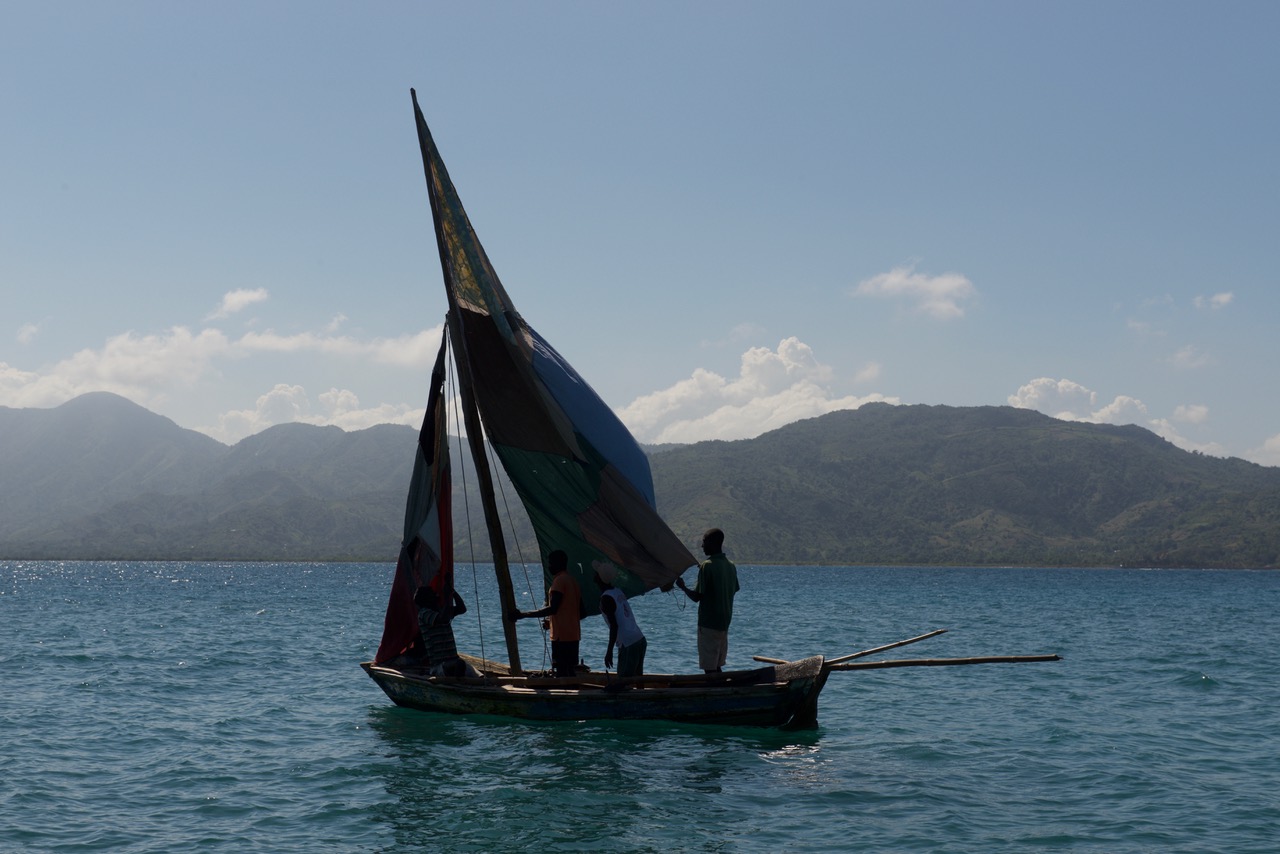1966 and all that
It was tucked away in the personal column of the prestigious Times newspaper published in London, England. A two line ad offering tickets to the World Cup Final at Wembley on July 30, 1966.
This was Wednesday, July 27 – the morning after England had just beaten Portugal to reach the final. It would be against their bitterest rivals, West Germany, less than two decades after World War Two. I phoned the number given in the ad and was told yes the tickets were legitimate, but there would be a broker’s fee.
The price of the ticket: ten shillings (just over one Canadian dollar)! The scalper mark up: five shillings (65 cents). That for a World Cup Final! Today, 50 years later, a similar scalped ticket could cost easily $25,000 and probably a lot more.
Yes, I said, I’d take a ticket. Remember this was a Wednesday – three days before the final. They wanted the money up front and I had to mail a cheque to them. These were the days before credit cards were popular. Not once did I think the great British Post Office wouldn’t get it there in time. It arrived the next day, a Thursday, and they mailed me the ticket. Yes, it too arrived in 24 hours. The Friday. Imagine that today.
So the Saturday came. The rest of my family were on their summer holiday – so I had to be up at 5a.m. in my small country town and walk five miles to the nearest bus stop. Bus to Bath, train to London. I was at Wembley by noon for the 3p.m. kick off.
The atmosphere was electric. Outside Wembley stadium it was like a carnival, Inside the stadium, the crowds were pulsating with anticipation and sheer excitement.
By kick off time, it is said, there wasn’t a car to be seen on the streets of Britain. Life came to a standstill. 32.3 million people tuned into the game on television. To this day, that is the largest TV audience in British history.
It was a thriller. One-nil down, England scored twice to go 2-1 up, but Germany equalized moments before the 90 minutes were up. The game moved into extra time. And thanks to a controversial goal – debated to this day – England went 3-2 up.
Then, seconds before the end of the game the England captain, Bobby Moore, kicked the ball into the German half.
The BBC commentator, Kenneth Wolstenholme, described the action: “And here comes Hurst….some people are on the pitch. They think it is all over.”
Moore’s pass arrived at the feet of England forward Geoff Hurst, who sped down the pitch and smashed it into the German net. 4-2, England.
“It is now! It’s four,” screamed Wolstenholme.
It was Hurst’s third goal. The only hat trick ever scored in a world cup final.
I have never seen such unadulterated excitement. The crowd went wild as their heroes danced around the pitch with the Jules Rimet trophy in their hands. The country hadn’t seen anything like it since VE Day. England were back on top of the world.
It was an altogether more innocent time back then. England was a different place. The world cup win came at a time when the Beatles, the Stones, Twiggy and even the Pill made it the place to be. The swinging sixties. It was a mythical time.
It was arguably the greatest sporting achievement in English history. Hardly a day goes by when I don’t think about it. One of the defining moments of my life. It proved to a vulnerable 15 year old schoolboy that anything is possible, and I used it as a launch pad to watch other sporting events around the world.
Since then England hasn’t really come close to winning a major tournament. In fact the England team has been a national disgrace for much of that time. Remember, they were knocked out of the Euros in 2016 – second only to the World Cup – by tiny Iceland.
And, I must admit, as failure follows failure, a little bit of me knows that I was there, along with 93,000 others, for what will be for me, forever, the greatest sporting show on earth.
Every year around the end of July, the British media replay snippets of the game. Interviewing the survivors, including Geoff Hurst. By the way, there was no colour television in Britain in 1966 – it was introduced the following year. And I go quietly to my den and play my dvd recording of the game and remember.
I was there, and no-one can ever take that away from me.
And, you might ask, what has this got to do with a travel blog. Well, for a naive young English schoolboy EVERYTHING. It was travel on a small scale, yes. But it was an adventure on a big scale for me. An adventure which showed me the world really was my oyster and that anything was possible.



